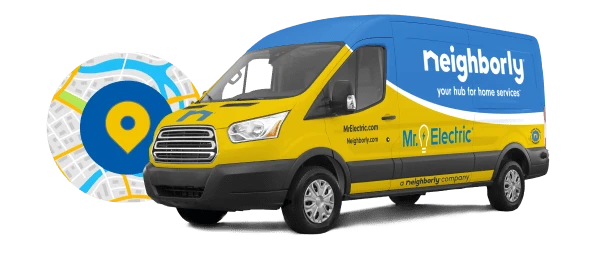As the adoption rate for electric vehicles continues to increase, access to EVSE system in the home becomes a more important selling point. This could prove to be a huge boon for potential homebuyers who already own an EV.
Interested in Electric Vehicle Supply Equipment? Read on to learn more about the vehicles that require them and how you can have an EVSE installed in your home.
Electric Vehicles That Require EVSE
More companies are entering the EV space every day, so it’s difficult to keep a complete list of cars that require an EVSE system. Here are some of the most notable vehicles that can be fueled by an EVSE:
- Nissan LEAF
- Toyota Prius
- Ford F-150 Lightning
- Mitsubishi i-MiEV
- Chevy Volt / Chevy Bolt
- Chevy Spark EV
- Honda Fit and Accord Plug-in Hybrid
- Ford Focus EV
- Ford C-Max Energi and Fusion Energi
- All Tesla vehicles
- BMW i3 MCV and Active E
- Myers NmG
- Think City
- Wheego LiFe
- Zap Alias and A380
- Fiat 500e
- Smart ED
- Fisker Karma
- Volkswagen ID.4
- Kia EV6
- Hyundai IONIQ
- Ford Mustang Mach-E
Common EVSE Options and Features
Electric vehicle service equipment offers homeowners with an electric car the utmost in reliability and convenience.
EV charging equipment is engineered and installed with safety in mind. It’s designed to keep you, your electric car, and your home safe during the recharging process. Safety and convenience features for PEV (plug-in electric vehicle) owners include:
- Simple and convenient operation: Just plug the connector into the charger--the EVSE charger takes care of the rest. No additional steps are required!
- Auto restart in the event of a power outage.
- Breakaway safety cable.
- Integrated cable storage.
- Auto short circuit and ground fault shut-off.
- A ground fault monitor that eliminates the need for monthly user testing.
- Power sharing those senses other large electrical loads in use in your home (water heater, for example) and pauses EV charging until the load is off.
- Power and charging indicator lights.
- Regulated electrical current to ensure the optimal charge is provided, which eliminates the need for any manual adjustment.
- A safety lock-out feature that prevents current from flowing when the charger isn’t connected to a vehicle.
- Safety outlets that ensure the vehicle is connected properly before power begins to flow.
- Automatic disconnect that activates when a hardware fault is detected. Power will shut off to avoid battery damage, electrical shorts, or a fire.
- Compliance with UL safety standards for EVSE. (UL 2594)
- Conformity with The Society of Automotive Engineers’ physical, electrical, and performance requirements for EV charge systems and couplers. (SAE J1772 )
- An enclosure that meets NEMA 4, the National Electrical Manufacturers Association standards for user safety and protection against indoor and outdoor environmental hazards.
Typical Electrical Requirements for EVSE
There are two levels of home chargers available:
Level 1 Charger
- Requires only a standard electrical outlet, suitable for plug-in hybrid vehicles.
- Reduces installation costs by using existing wiring while fully charging the vehicle overnight.
- Charges your Electric Vehicle in 12 to 24 hours*.
- Delivers 120 volts, 8 to 15 amps when charging.
Level 2 Charger
- Requires installation of a dedicated, stand-alone electric vehicle charging unit. Ideal for quicker Electric Vehicle charging.
- Charges an EV in 3 to 8 hours.*
- Delivers 240 volts, 20 to 40 amps when charging.
While a Level 1 charger may be the most convenient option, and the cheapest, in the long run, a Level 2 charger can add greater value to your home. It will also make it much easier to have an EV as your primary vehicle, since charging time is significantly less.
*Charging times are general estimates and may vary depending on the size of your car battery and other factors
Call Mr. Electric for All Your EVSE Installation Needs
As the presence of electric vehicles continues to grow, so does the need for reliable charging options. If you own an electric vehicle, adding an EVSE to your home can significantly improve your ability to get around, while keeping your vehicle fully powered. To find out more about your EVSE installation options and service for a residential EV charging system, contact your local Mr. Electric® professional today.
Interested in learning more about EVs? Read these articles on electric vehicles and their charging systems:
